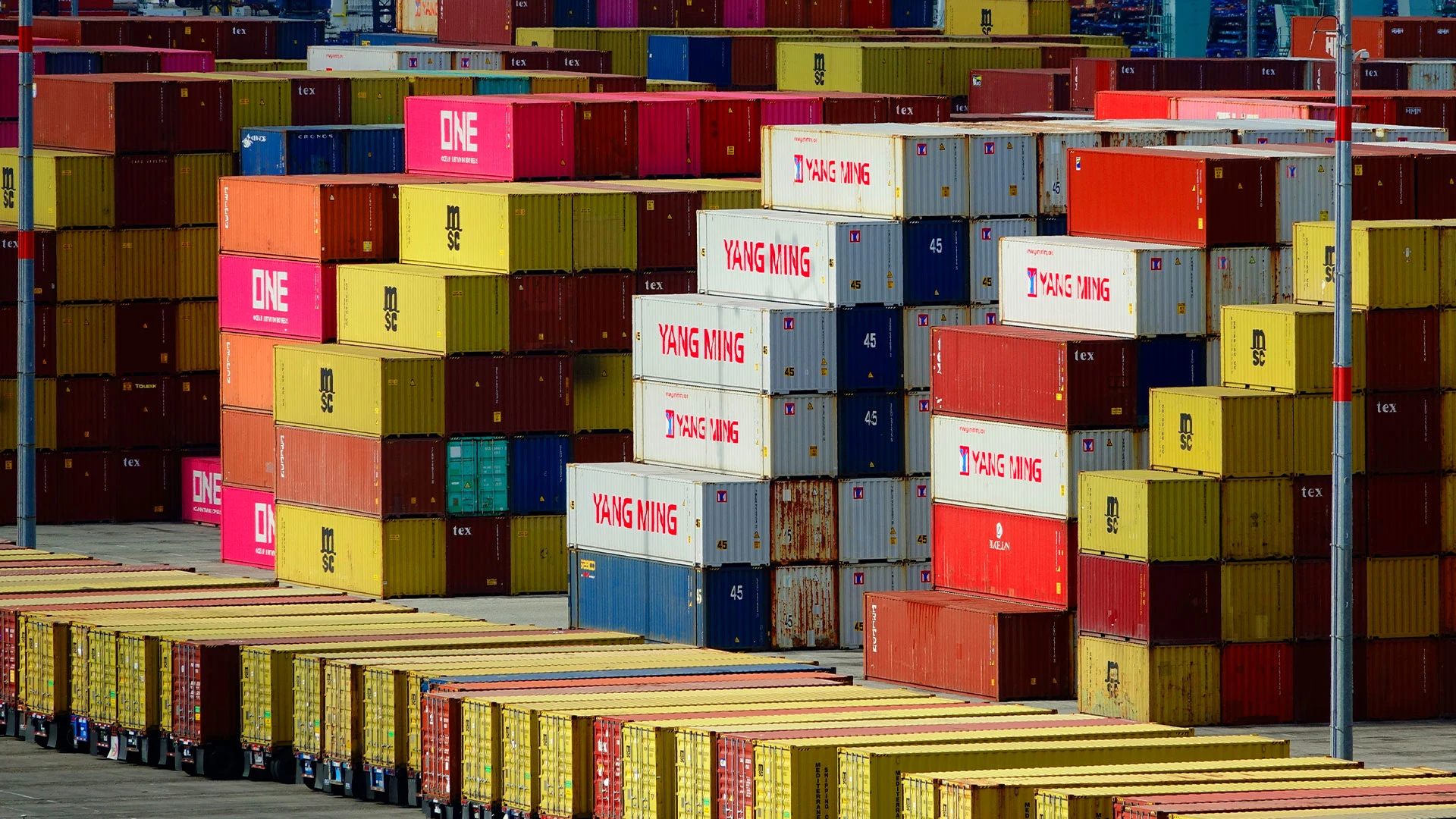
"Those tariffs are forcing retailers and manufacturers to rethink supply chain strategies, to develop new ways to get their products to consumers without massive price hikes, delays, and disruption. To keep costs down for their customers and lower tariff bills, businesses are turning to a business-to-business-to-consumer model, or B2B2C, as a way to handle orders, also known as "tariff hacking," CNBC reported."
"Simple example: Let's say you are a Chinese company and you have a 50% tariff coming into the U.S. and you have a subsidiary in Vietnam, that has a 10% tariff. You ship it to them, and they ship it to the U.S. with a 10% tariff, and they save 40%. If you can reduce your tariff from 50% to 10%, it keeps the price of the goods relatively lower."
Tariff increases have created broad supply-chain disruption and economic uncertainty, prompting retailers and manufacturers to rethink logistics and pricing strategies. Companies are adopting B2B2C approaches and using U.S.-based merchant-of-record middlemen to route transactions and reduce tariff liability. The middleman buys product at a wholesale price, pays the lower tariff tied to that transaction, and ships to consumers on behalf of the retailer. Firms are also shifting shipments through subsidiaries in low-tariff countries to cut duties. Industry observers warn these tactics offer short-term relief and face uncertainty as tariff rules and government responses continue to evolve.
Read at Fast Company
Unable to calculate read time
Collection
[
|
...
]